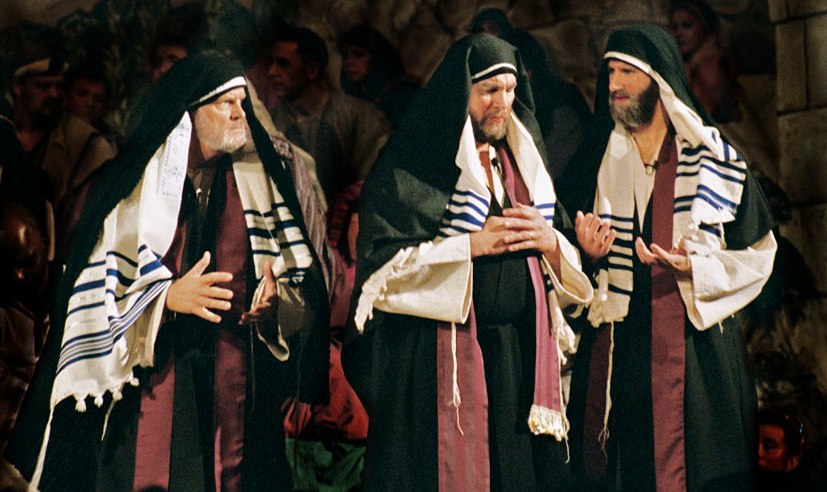The Greatest Risk to the Gospel – by Desmond Ford
- Bible
- Bible study
- Christian Evidences
- Christian Living
- Christianity
- Dr Desmond Ford
- Faith
- Gospel
- Grace
- Jesus
- Prayer
Sep 25, 2015 2033
 The greatest risk to the gospel in all ages has not been antinomianism. It has been legalism. The spirit of the Pharisees, is the spirit of human nature. That’s my natural spirit and yours.
The greatest risk to the gospel in all ages has not been antinomianism. It has been legalism. The spirit of the Pharisees, is the spirit of human nature. That’s my natural spirit and yours.
The Pharisees were no conscious hypocrites. They had a high perception of duty; they were conscientious in performance. What was their problem? They lacked awareness of their sinfulness.
You can’t be more sinful than to think you are all righteous. The Pharisees believed God’s fellowship with them was on the basis of their piety, their good performance. That is why they could take other sinners by the throat and exact every penny from them. Never having experienced forgiveness, they could not forgive. The religion of the Pharisees lacks the essential elements of grace and mercy. The Pharisees thought of God as like themselves, therefore, had no sympathy for Christ’s attitude toward publicans and sinners.
The very heart of Christianity is the forgiveness of sins. Religion is grace; ethics is gratitude. The pillars of the Gospel are two, the badness of man and the goodness of God. Only a person who sees both can be a Christian. A true Christian is one who puts no confidence in any righteousness or moral strength of their own and therefore looks constantly to Jesus for forgiveness, for wisdom, and for power.
Things are never received once and for all but only moment by moment. The believer’s conscious needs creates the vacuum and faith fills it.
The true Gospel is like quick silver. It’s hard to hold and it is easy to lose. The early church never took hold of that Gospel in its fullness, thus it was never girded with fullness of power to complete its task to evangelize the world.
How can anybody take the Gospel to the world if not clear what the Gospel is? So long as professed believers fail to see the depths of the law and the centrality of grace, mercy, forgiveness and true religion, the Gospel cannot be proclaimed effectively.
When like Paul, when like Mary Magdalene, we see ourselves as chief of sinners, less than the least of all saints, able of ourselves to do nothing and forgiven much, only then, will we be able to love God and man much, presenting the good news with broken but warm hearts and quivering lips, only then, will men believe and be saved.
– Des Ford. Adapted from “The Visions of Patmos – Part 4.”

Leave a Reply